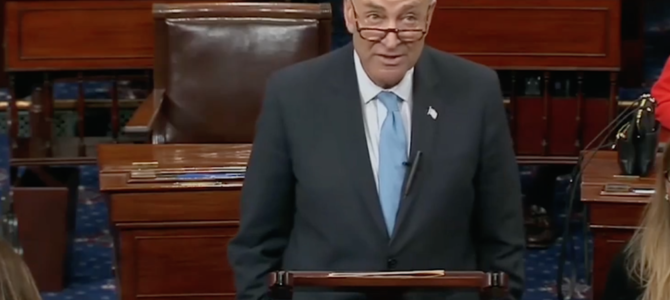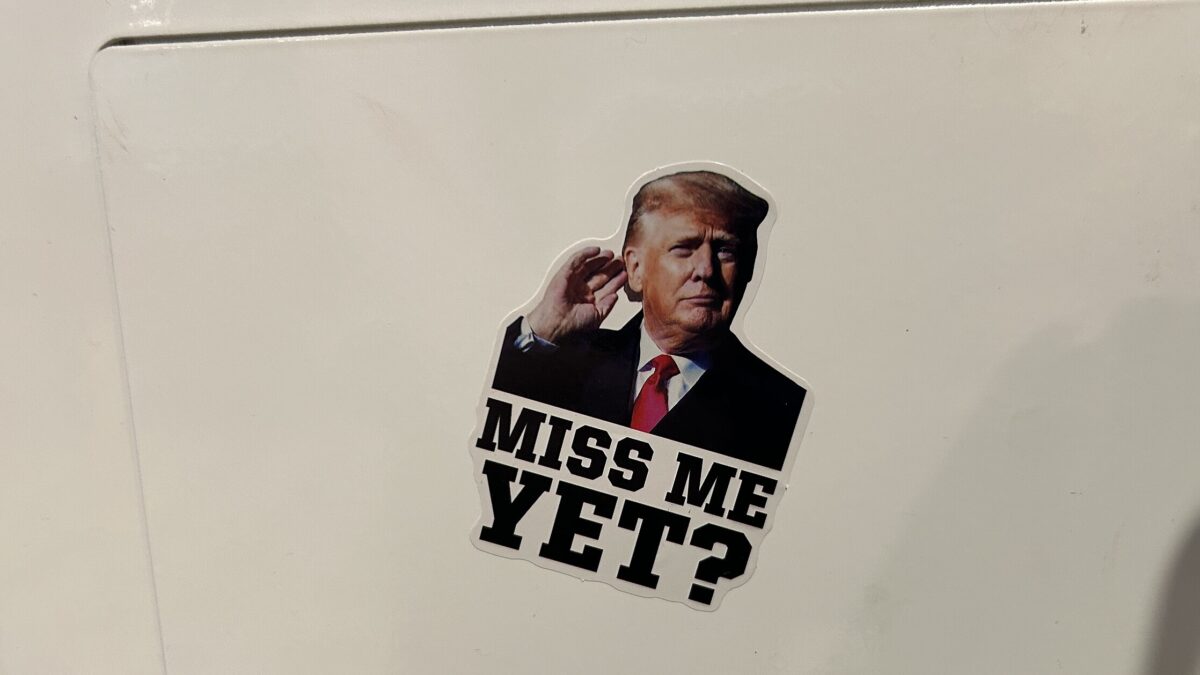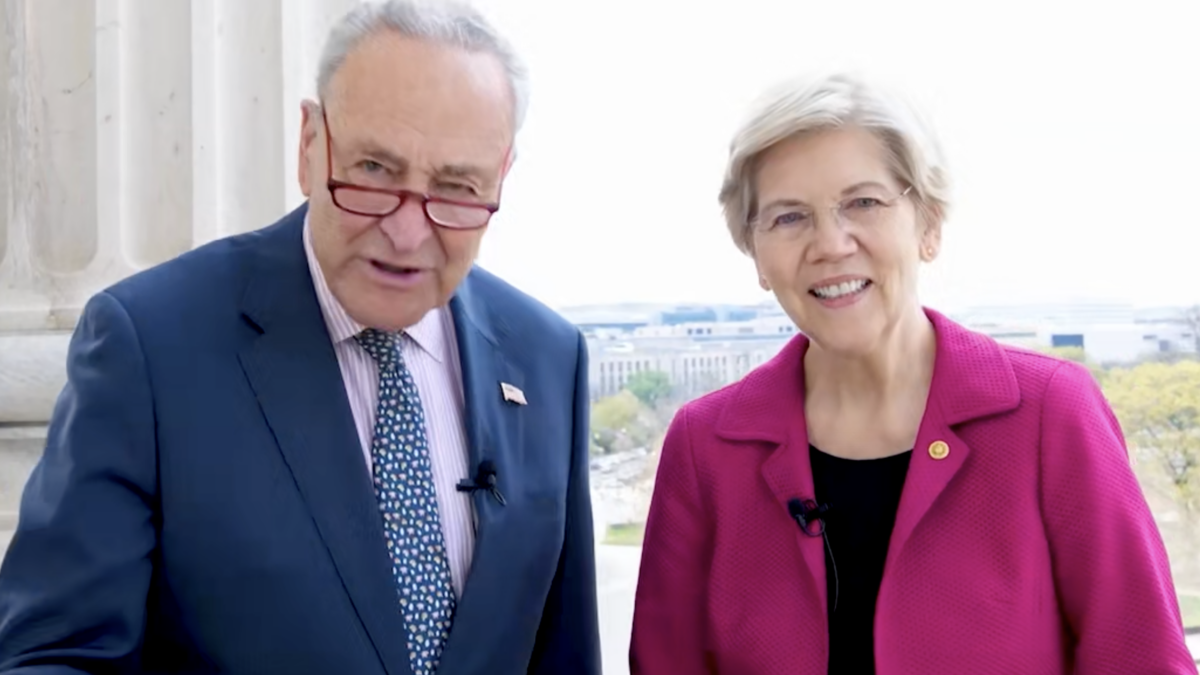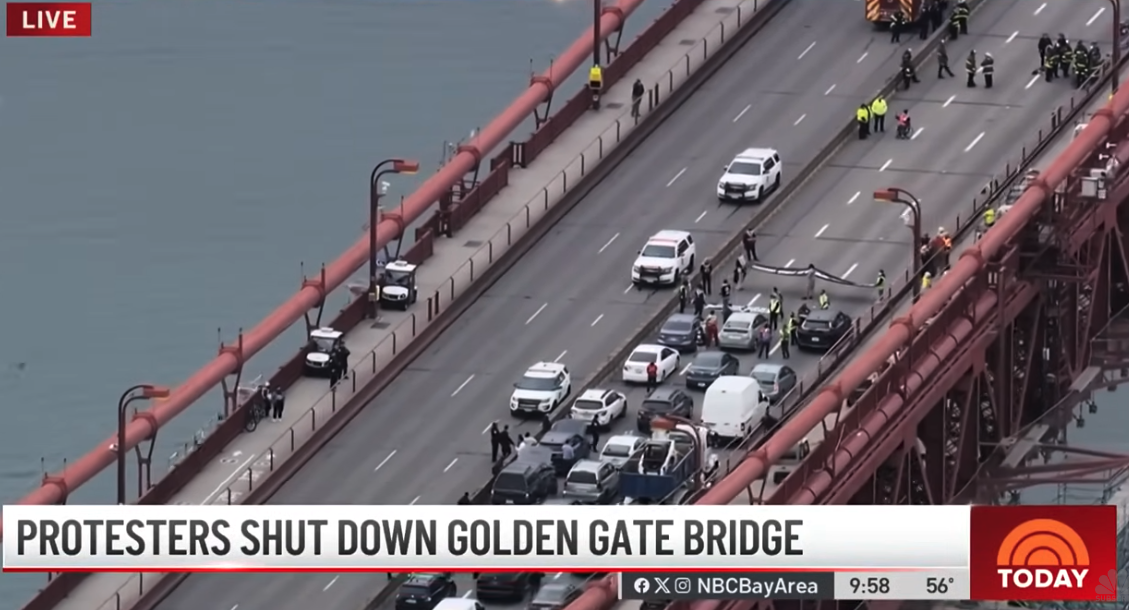
It’s amazing how quickly Democrats lost the shutdown battle before it was even really joined. In return for an overwhelming vote to reopen the government, Minority Leader Chuck Schumer extracted little more than a commitment to bring up immigration within the next three weeks – something Republicans were likely to do anyway, coupled with pressure for increased enforcement and border security funding. And even that fell far short of what Democrats had claimed to demand with this shutdown – a real commitment to solve the DACA issue. Schumer’s message in 2013 that if Democrats shut down the government over immigration it would be ‘a politics of idiocy’ now looks more like an ignored warning to Future Chuck.
It was obvious over the weekend that Republicans felt more united than Democrats on the issue, with few of them feeling any pressure to buckle in the House or the Senate. They believe the country is more or less with them on immigration enforcement issues, and they saw DACA as a politically difficult matter for Democrats to use as a justification for shutdown.
The only rational explanation for this shutdown error was Democrats’ belief that President Trump would not be able to resist the urge to intervene and worsen the situation – either by making some base-splitting promise or saying something objectionable. This is not an entirely unreasonable bet, of course – but President Trump manages on occasion to avoid behaving like Leeroy Jenkins for 72 hours, and he absolutely did so here.
Instead of a unifying moment, this shutdown got Democrats nothing but a feeling of dismay from their progressive base, who now view them as not being willing to go to the mattresses on the issue, leaving immigration activists and leftists like Kamala Harris feeling betrayed by the party leadership. Now, they’re trying to spin it, but that could prove difficult:
“Democrats are already struggling how to spin this development, especially when, just three days ago, they held a hard line against funding the government, energizing their base with the promise to protect DACA recipients. But one Senate Democratic source, who asked not to be named so as to discuss private conversations with senators, told me that something like reality shone through in the interim. The Democratic caucus became increasingly uncomfortable with the “mixed poll numbers” on which side would take the blame should the shutdown continue. And with Democrats’ edge over Republicans in the upcoming midterm elections softening, continuing the shutdown didn’t seem worth the gamble. I asked the source how Democrats would try to frame the day, and the source, who’s been on the Hill for over a decade, was at a loss: “If you had told me yesterday this is where we’d be, I would not have believed it. Yet here we are.”
There were clear indications even before the shutdown that the public was not cleanly in the Democrats’ camp, and that the media spin about this being a Trump/GOP problem wasn’t taking:
“Americans don’t necessarily approve of the party’s strategy to insist on a legislative solution for undocumented immigrants brought here as children before voting to reopen the government. In fact, both parties’ immigration stances — Democrats’ efforts to protect the so-called Dreamers and Trump’s insistence on funding a border wall with Mexico — are viewed by voters as less important than keeping the government open.”
The problem from the beginning for Democrats was the distinct lack of clarity in what they are trying to do. Voters fundamentally understood what the Ted Cruz-driven stand in 2013 was all about: stopping Obamacare. They didn’t understand the details at play, but they at least understood this was about throwing a wrench into the works and preventing Obamacare’s launch. At the time, this was a very hot-button issue for both parties, and that made the stakes clear.
On this shutdown, Democratic rhetoric was hampered by three factors: first, while they agree with wanting to resolve the issue, outside the hardcore Democratic base, voters don’t particularly have as much of a pressing interest in the priorities related to DACA; second, the Democrats were using abbreviations like “short term CR” and “CHIP” that voters do not understand; and third, the likelihood of emerging with a “big win” from this shutdown was very unlikely, particularly given that the normally fractious House Republicans remained united behind Paul Ryan in his hardline approach. The shutdown now looks less like a bold, energizing stand and more like a fit of pique.
This was a mistake by Schumer and the Democratic Leadership. The outcome of this shutdown was never going to be a big win to energize their base (already sufficiently energized). And had it continued, it could have damaged their ability to win over independents, who may be more susceptible to voting based on the country’s economic success heading into the midterms.
The real question for 2018 remains: Is it still the economy, stupid? On Face the Nation this weekend, I argued this would be the real test moving forward to see which aspect of this Tale of Two Presidencies prevailed. Either the economic boom times, increased wages, and the GOP tax bill will overcome concerns about the President’s behavior, or Republicans will have the odd historical experience of presiding over a midterm wave against them even in times of economic plenty. This shutdown experience will be forgotten by November, but it did nothing to help Democrats, and the damage it did to the expectations of progressives could prove a nagging issue.







